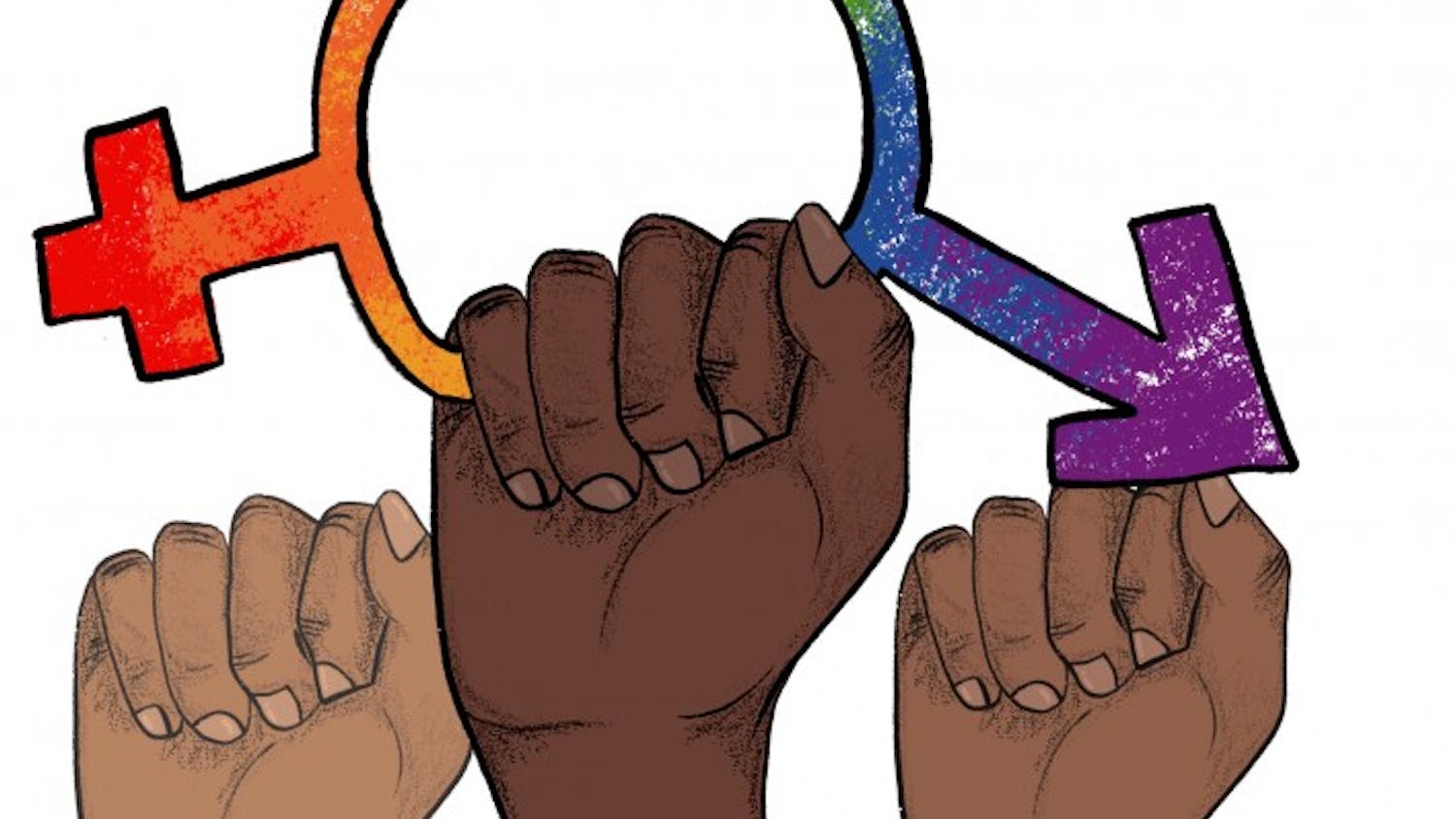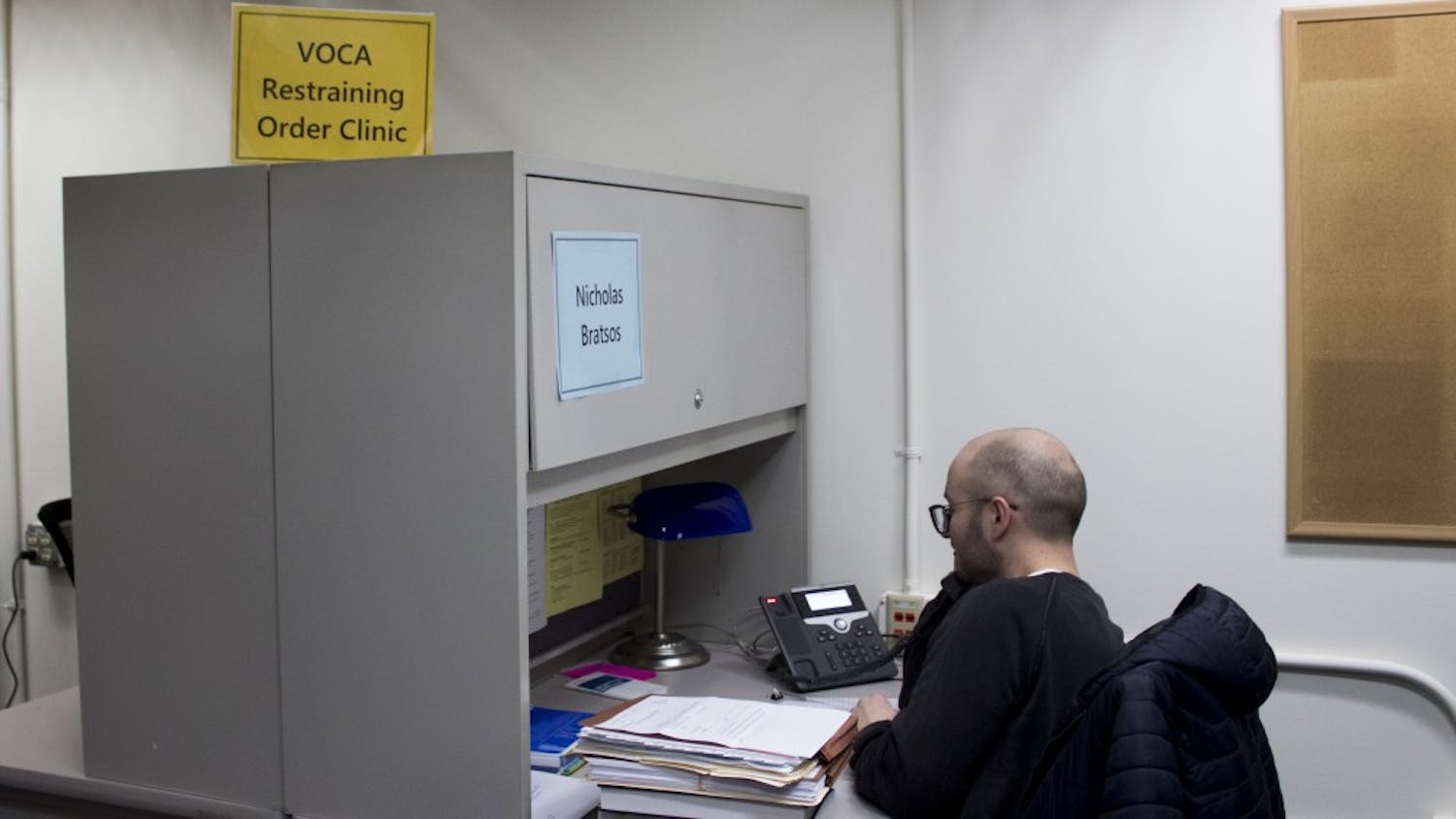As women and feminist allies across the United States have worked to increase women’s rights, promote equality in the workplace and bring awareness to women’s health issues, so has the Associated Students of Madison.
Despite politics being an area where women are historically excluded, ASM has evolved over the years to become an organization where women hold an equal number, if not more, leadership positions.
“One thing that I’ve realized is that now the people on leadership positions in ASM are mainly women. Even if we are not the majority, there is definitely a balance of women and men in ASM,” Equity & Inclusion Committee Chair Agalia Ardyasa said. “[Men] listen to us, they respect us as much as they respect themselves. In legislations and meetings, they see us as leaders.”
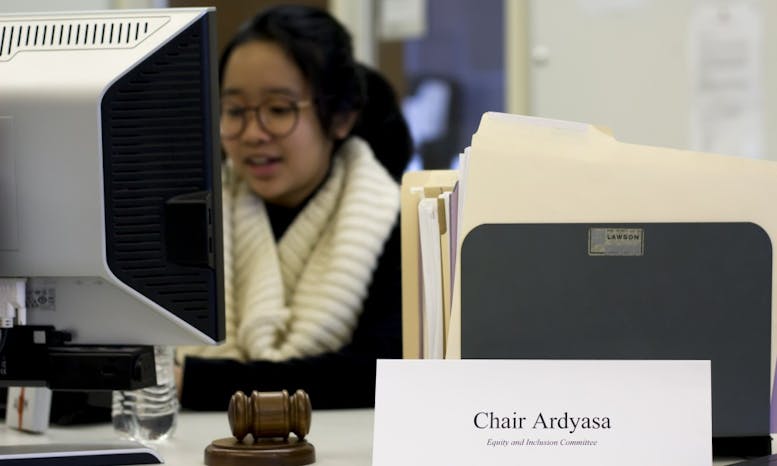
The shift towards increasing female members of ASM has caused the organization to put more of an emphasis on women’s issues — like contraceptive services, free menstrual products and sexual assault support.
“I have always known ASM to be a place where women are valued and elevated, so definitely in recent years we have focused on more women-centered issues and more and more women are starting to take leadership roles in ASM,” former ASM chair of the 24th session Katrina Morrison said.
One of the major programs ASM established to help increase resources available to women was putting free menstrual products inside bathrooms around campus.
In 2017, the pilot program began when products were placed in three female bathrooms around campus. Because of its success, facilities and ASM have now made free menstrual products available in around 200 bathrooms on campus, said former ASM member and PAVE Communications Coordinator Alex Hader.
Select buildings, such as the Red Gym, have also placed products in the gender-neutral and male bathrooms. The next goal of the program is to have the products placed in all gender-neutral restrooms on campus, Legislative Affairs Chair Laura Downer said, in an effort to provide resources for everyone who needs them, not just binary women.
“There’s a lot the university could be doing not just to support women, but also to support women who are non-binary,” Hader said.
While the free menstrual product campaign was largely successful, Hader said other measures should be taken to promote non binary women’s health, including increasing the number of gender neutral bathrooms and ensuring that university healthcare covers trans issues. There has also been a recent push to make more lactation rooms available around campus, especially for female staff.
ASM also endorsed a generic version of the Plan B emergency contraceptive pill, EContra EZ, available in both student unions for just $13.
“I think that having the product be available has lessened the potential negative feelings of having to spend so much money on something that should be freely and readily available to people all the time,” former SSFC representative Sophia Alzaidi said. “Also, it is more anonymous this way in that there are so many things being sold at the markets within the unions.”
Though many issues arose — funding, legal problems and pushback from administration — after nearly a semester, Alzaidi saw the program finally launch in October.
“There was a lot of pushback at first from administration for myriad reasons, but in the end we all had the same goal of helping students on campus, and we ended up doing just that,” she said.
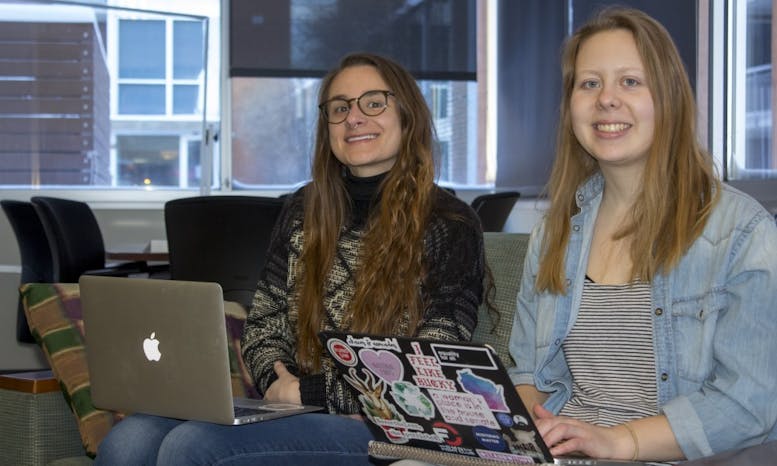
The Student Services Finance Committee is integral to deciding what funds are allocated towards mandatory segregated fees are spent on, including the Rape Crisis Center and Promoting Awareness Victim Empowerment.
ASM doesn’t give programmatic support to the Rape Crisis Center, but it provides them with the financial means to offer their services to students and maintain the 24/7 rape crisis hotline.
Though ASM does not work directly with survivors, Ardyasa hopes that they can be a liaison between student organizations and the administration to aid survivors, as well as provide more inclusive services.
“We are concerned with mental health services that UHS has right now, more counselors
would allow more survivors, especially women of color to get help they need,” Adryssa said. “A lot of efforts this year are geared towards mental health, especially women of color and sexual assault survivors.”
In light of the Department of Education’s recent changes to Title IX that aimed to “clarify and modify” requirements for reviewing violations of gender-based discrimination and acts of sexual violence across campuses, ASM has pushed back.
Along with UW-Madison Chancellor Rebecca Blank, ASM submitted a letter expressing their concern about the changes, stating that the “changes to the Title IX rules serve only to restrict the rights of students.”
“ASM submitted a comment opposing the proposed new regulations and signed on to a nation-wide campus opposition letter,” Downer said. “This will likely be an ongoing campaign which could lead to more discussion about our Title IX practices at UW.”
The cited apprehension centers around the changes that would take away protections from students living off campus or studying abroad, as well as prevent campus officials from submitting official reports of sexual assault.
UW-Madison, along with countless other schools around the country that left approximately 100,000 comments are currently waiting for a response from Washington about the proposed legislation.
This spring, ASM representative attended the annual Association of Big Ten Students leadership conference, where further action about the Title IX legislation was discussed. For now, ASM is continuing their work with Title IX coordinator Lauren Hasselbacher to ensure that UW policies are what they should be in terms of protecting sexual violence victims, Downer said.
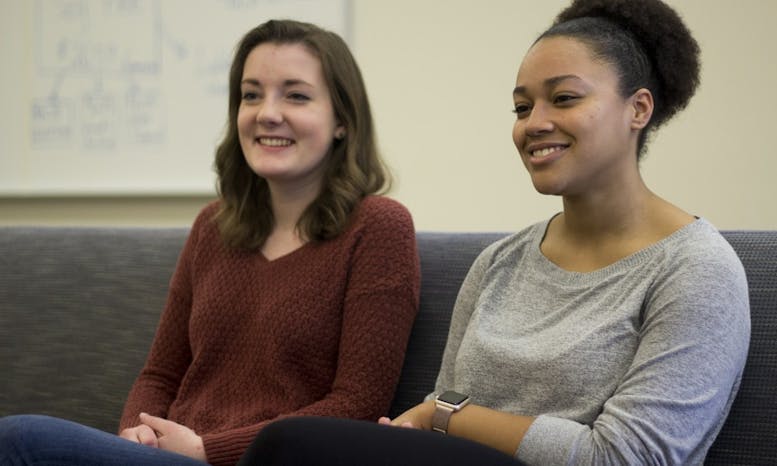
Over the past few years, ASM has become much more involved with women’s health and safety issues, but there are still many steps to be taken, especially to ensure intersectionality in the office.
“It would be really cool if ASM focused more on in the future how women’s issues differ depending on other factors such as race, gender identity, and if we took an intersectional approach to women’s issues,” Morrison said.
While there is still plenty of work to be done throughout the country, ASM has become a place where women are accepted and valued — and women’s issues are being addressed more frequently not only by the organization, but throughout the university as a whole.
“Moving forward, I hope that gender will no longer be an issues for someone to get involved, Ardyasa said. “I love how the culture in ASM is trying to be inclusive with everyone.”


